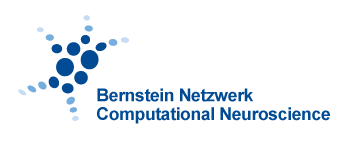Machine learning advances for constraining interpretable models of dynamics from brain recordings
Organizers
Richard Gao | Goethe University Frankfurt, Germany
Manuel Brenner | Ernst-Strüngmann-Institut (ESI) for Neuroscience, Frankfurt, Germany
Room
2.104
Abstract
The goal of the workshop is to bring together computational modelers and machine learning (ML) researchers to explore how ML methods can accelerate the development of interpretable dynamical models constrained by brain activity recordings at multiple scales. Emphasizing both mechanistic models (e.g., Hodgkin-Huxley, IF spiking neuron networks, neural mass models) and structured ML approaches (e.g., SLDS, piecewise linear RNNs, LFADS), the workshop aims to bridge the gap between biophysical realism and data-driven modeling. Key considerations for relevant contributions include: (1) models must be explicitly constrained to reproduce recorded brain dynamics, going beyond purely task-trained models, and (2) models must be interpretable—either through mechanistic design (e.g., structured connectivity, biophysical constraints, piecewise linearity) or through post hoc analysis of learned dynamics. The workshop will survey different inference strategies, ranging from automatic differentiation and evolutionary algorithms to classical and simulation-based Bayesian inference, that enable efficient and biologically grounded model fitting. Through presentations and discussions, we hope to address common challenges in model design, inference, analysis, and evaluation, identifying paths forward for integrating ML advances with interpretable brain dynamics modeling.




